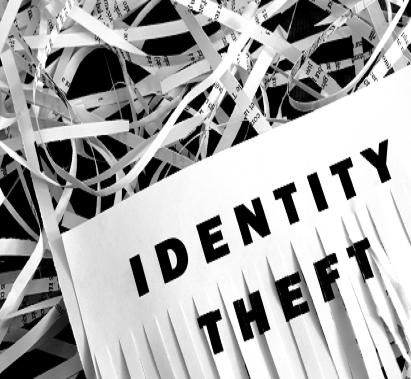How to Prevent ID Theft

You must have heard about cases where a person’s credit card was being used or bank account was being accessed by someone without his knowledge. This illegal activity is a crime known as identity theft, more commonly referred to as ID theft. It involves someone assuming the identity of an unsuspecting target by stealing their credit card information, PIN codes, driver’s license, social security number, etc. The criminal then uses this information to make purchases using the credit card and bank account information, eventually damaging the victim’s credit rating.
ID theft is becoming a wide-spread crime. However, it is quite possible to protect oneself from it, by being a bit careful and taking some necessary precautions.
Instructions
-
1
First and foremost, never share your personal information, especially your credit card number, with an unknown caller over the phone, regardless of how persistent they are or convincing they sound. If the caller claims to be a representative of your bank, immediately call up your bank and inquire if it really was them who had asked for your personal information.
-
2
In case your credit cards get stolen, report them immediately instead of procrastinating.
-
3
Make it a habit to shred or tear up any items with personal information on them before throwing them in the trash. This includes un-used loan applications and credit card receipts among other items.
-
4
In order to minimise the chances of your PIN number getting stolen, memorise them instead of writing them down on the cards and stuffing them in your wallet or purse. Take extra caution when it comes to protecting your ATM PIN number. If you have trouble memorising your PIN numbers, write them on a piece of paper, but make sure it does not fall in wrong hands.
-
5
Do not let your mail lie in your mailbox for too long. Remove it from there on time. Criminals can go through your mail, get your personal information from there and then use it to obtain credit in your name. Also keep in mind that they can forge your signatures and get your mails delivered to a different address. If you notice that you have suddenly stopped receiving mails, get in touch with the post office without wasting any time.
-
6
Review all your credit card and bank statements thoroughly. If you notice any inconsistencies, report them to your bank and credit card company immediately.
-
7
Change password to your bank account and any other personal account regularly.







